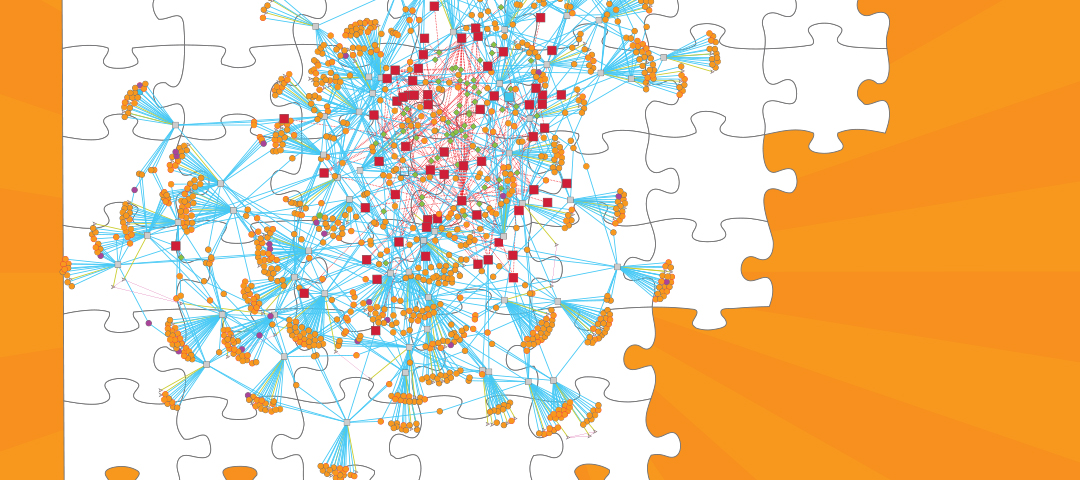Tuberculosis: ‘The Forgotten Plague’
 isbscience.org/news/2015/02/09/tuberculosis-the-forgotten-plague/
isbscience.org/news/2015/02/09/tuberculosis-the-forgotten-plague/
PBS: American Experience Film
“The Forgotten Plague”
BY ISBUSA
The measles outbreak and subsequent fueling of the anti-vaccination debate have monopolized headlines recently. But there’s a “plague” that causes an estimated 1.3 million deaths per year that researchers, including those at Institute for Systems Biology, are dedicated to tackling: tuberculosis. On Tuesday, Feb. 10, PBS will feature an “American Experience” film “The Forgotten Plague” on the history of tuberculosis and how difficult it has been to eradicate this disease. Check local listings for times.
LEARN MORE ABOUT ISB’S TUBERCULOSIS RESEARCH:
Pushing the Molecular Switches of Tuberculosis Into Overdrive to Map Interactions
Uncovering the Genetic Adaptability of Tuberculosis
ISB Researchers Identify New Protein Modification Critical to Growth of Tuberculosis Pathogen
ISB Researchers Collaborate on $16.6 Million Tuberculosis Grant
TB IN KING COUNTY, WA:
KCTS 9 shared a report on TB stats for King County to dovetail with the Frontline episode “TB Silent Killer.” Learn more..





